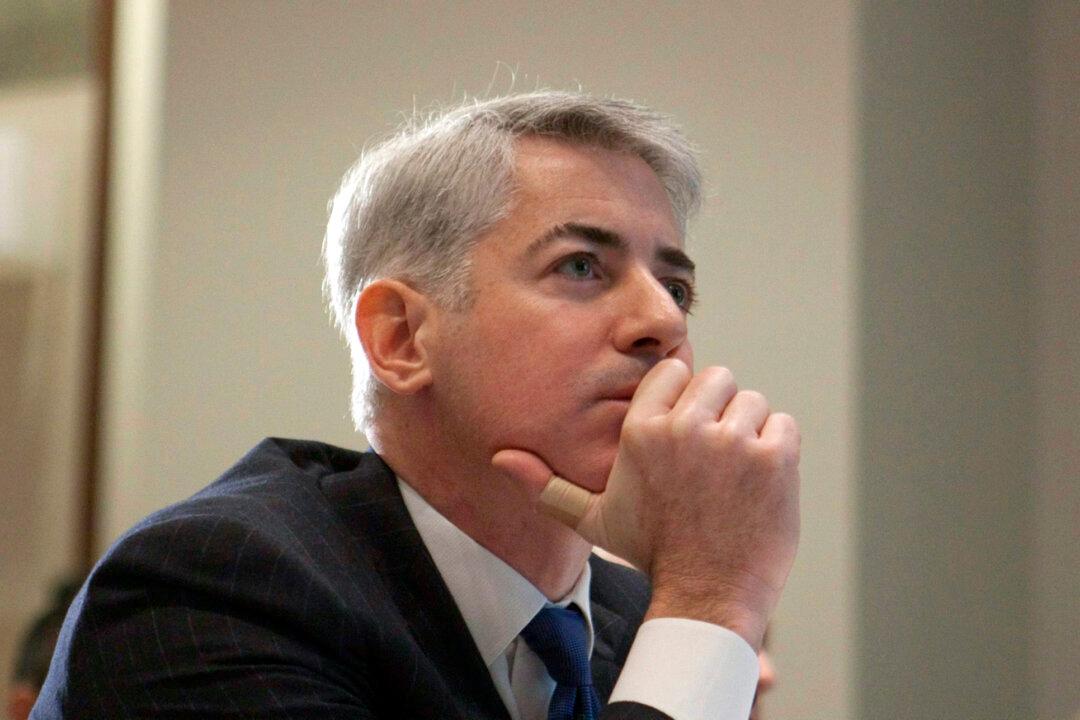Billionaire investor Bill Ackman said he is “extremely concerned” by the federal government-backed infusion of $30 billion to First Republic Bank by 11 of the top banks, saying the plan will create a “false sense of confidence” and risks the spread of contagion.
On Thursday afternoon, 11 banks—including JPMorgan Chase, Wells Fargo, Citibank, and Bank of America—said they would provide $30 billion to First Republic after the California-based regional bank saw its stock plummet amid fears that customers would withdraw their deposits from the institution. It came after Silicon Valley Bank and Signature Bank of New York collapsed last week, triggering federal intervention.





